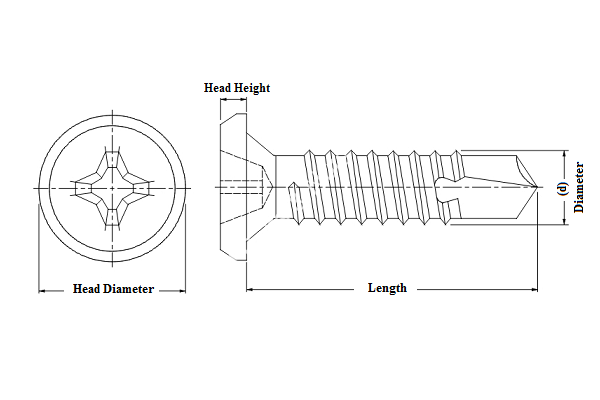wholesale metric flat washer sizes
Understanding Wholesale Metric Flat Washer Sizes
When entering the world of construction, manufacturing, or DIY projects, one comes across various components that play a crucial role in ensuring the integrity and stability of assembled structures. Among these components, flat washers are essential hardware items often overlooked. This article explores wholesale metric flat washer sizes, their significance, and how they can enhance your projects.
What Are Flat Washers?
Flat washers are thin, disk-shaped pieces of metal, plastic, or other materials with a hole in the center. They are primarily used in fastening applications to distribute the load of a threaded fastener such as a screw or bolt. Flat washers prevent the bolt head or nut from damaging the workpiece surface, reduce friction, and help resist loosening due to vibration or thermal expansion.
Types of Flat Washers
There are various types of flat washers, including
1. Standard Flat Washers These are the most common type, available in different materials like steel, brass, and plastic. They feature a uniform thickness and diameter to suit a variety of applications. 2. Belleville Washers Also known as conical washers, these are designed to provide a spring effect. They help in applications where flexibility and resistance to loosening are critical.
3. Fender Washers Characterized by their larger outer diameter, these washers provide a greater surface area to distribute load, particularly in applications with soft materials that could be damaged by standard washers.
4. Lock Washers While technically a separate category, lock washers complement flat washers. They are designed to prevent loosening of the fastener due to vibration.
Why Choose Metric Sizes?
In the world of international manufacturing and construction, metric sizes are often used due to their universal applicability. The metric system is based on multiples of ten, making calculations simpler and more consistent. This system ensures that everyone, regardless of geographical location, can use the same measurements without confusion. Therefore, when sourcing flat washers, opting for metric sizes can streamline the process and reduce errors associated with miscommunication.
Common Wholesale Metric Flat Washer Sizes
wholesale metric flat washer sizes

Metric flat washers are available in various sizes, allowing for a wide range of applications. Common sizes range from M2 to M30, including dimensions like
- M2 (2 mm diameter bolt) - M3 (3 mm diameter bolt) - M4 (4 mm diameter bolt) - M5 (5 mm diameter bolt) - M6 (6 mm diameter bolt) - M8 (8 mm diameter bolt) - M10 (10 mm diameter bolt) - M12 (12 mm diameter bolt) - M16 (16 mm diameter bolt) - M20 (20 mm diameter bolt) - M24 (24 mm diameter bolt) - M30 (30 mm diameter bolt)
These sizes can accommodate various bolt diameters and load requirements, making them flexible for numerous applications, from light-duty household repairs to heavy industrial uses.
How to Select the Right Flat Washer Size?
Selecting the right flat washer size is crucial for optimal performance and safety. Here are a few guidelines
1. Match the Bolt Size Always choose a flat washer that corresponds to the diameter of the bolt. A too-small washer will not effectively distribute the load, while an oversized washer may not fit correctly.
2. Consider Material The material of the flat washer also matters. Steel washers are robust and suitable for most applications, while plastic washers can be utilized in environments where corrosion resistance is critical.
3. Assess Load Requirements For high-stress applications, thicker washers may be necessary to prevent deformation under heavy loads.
4. Check Standards Be sure to use metric washers that comply with international standards, ensuring compatibility with other hardware components.
Conclusion
Wholesale metric flat washer sizes are fundamental components in various applications, from construction to repairs. By understanding their types, sizes, and selection criteria, you can ensure the reliability and safety of your projects. Investing in the right washers not only enhances performance but also extends the life of fastened assemblies, making your work more efficient and sustainable. Always remember, the right components make all the difference in achieving successful and durable results!
-
Top Choices for Plasterboard FixingNewsDec.26,2024
-
The Versatility of Specialty WashersNewsDec.26,2024
-
Secure Your ProjectsNewsDec.26,2024
-
Essential Screws for Chipboard Flooring ProjectsNewsDec.26,2024
-
Choosing the Right Drywall ScrewsNewsDec.26,2024
-
Black Phosphate Screws for Superior PerformanceNewsDec.26,2024
-
The Versatile Choice of Nylon Flat Washers for Your NeedsNewsDec.18,2024










